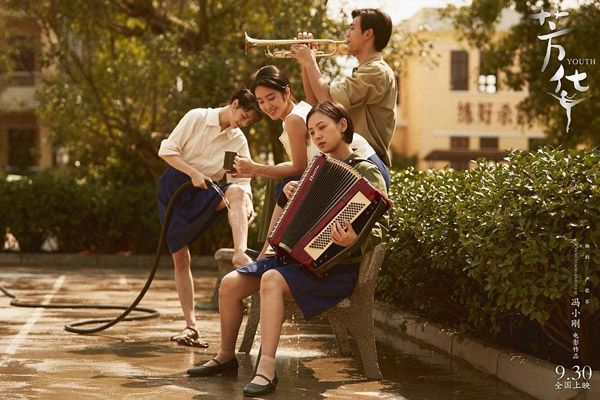Chinese film report: Better works on screen
 0 Comment(s)
0 Comment(s) Print
Print E-mail China Daily, April 26, 2018
E-mail China Daily, April 26, 2018

"So, filmmakers no longer use high moral standards to make heroes," says Yin.
"The stories also showcase weakness. The main themes are not directly said, but are expressed in appealing ways, which are commonly accepted in the rest of world."
Nevertheless, he says there are still many restrictions.
For instance, as the country marks the 40th anniversary of the reform and opening-up this year, he thinks the personal struggles of ordinary Chinese are absent from the big screen.
But he says American Dreams in China in 2013 was an exception.
The film based on Yu Minhong, the founder of the education colossus New Oriental Group, and his business partners shows how they progressed following China's opening-up policy and their pursuit of justice in the face of accusations from the United States.
But Yin says this trend has died down in the past few years.
"However, we have many great stories from the four decades on how individuals have pursued justice and personal happiness, and also brought great changes to our country," he says.
"They (the stories) deserve to be told through films. But many realistic productions are now based on imagination rather than true stories. That's why so many filmgoers are unsatisfied."
Yin now expects China will have its answer to the Hollywood production Pursuit of Happiness and South Korean film The Attorney.






Go to Forum >>0 Comment(s)